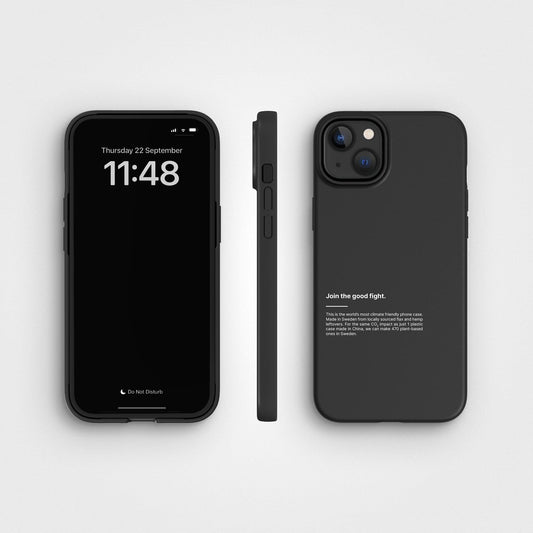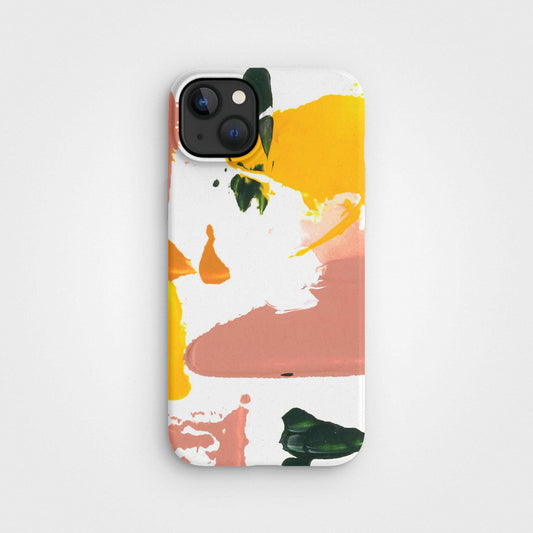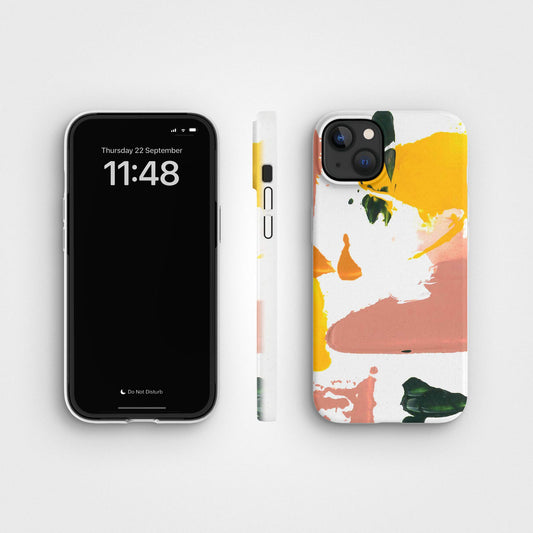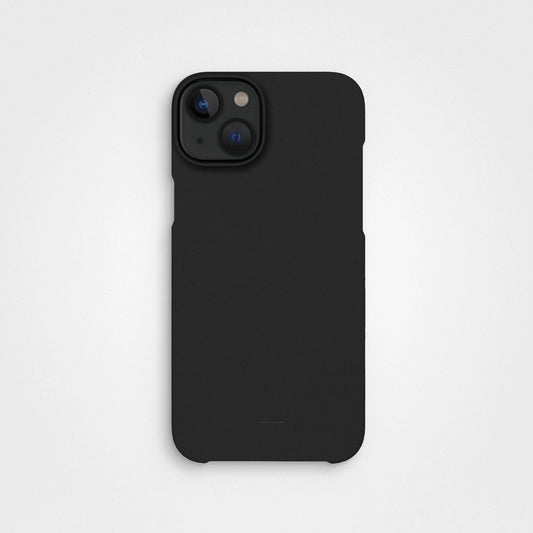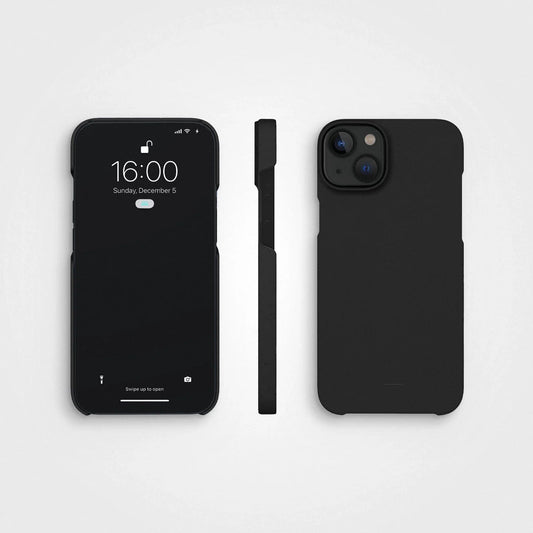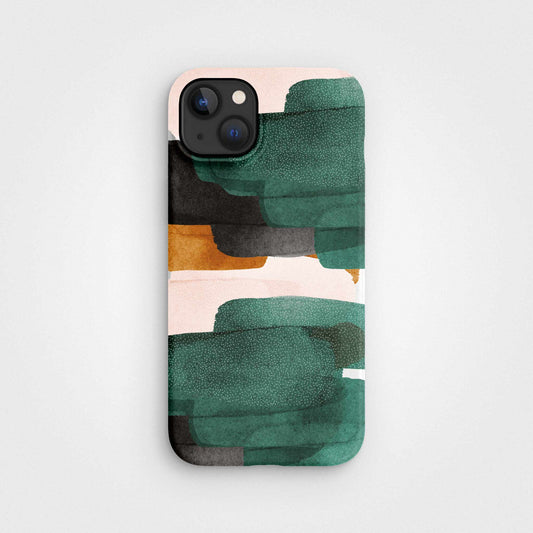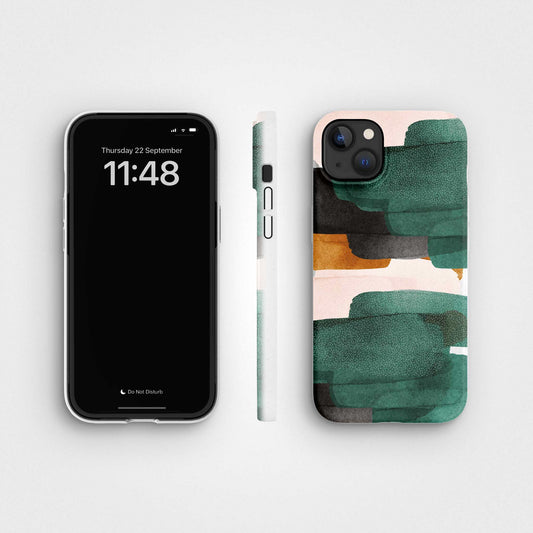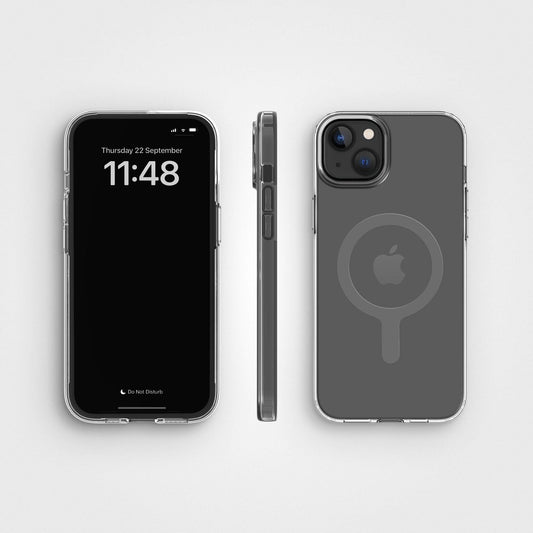"The concept of reusing materials and resources has been around for a long time, but now is the time to scale up recycling to a whole other level."
Nowadays, it takes a certain skill to read the news, watch commercials or listen to podcasts without hearing the expression circular economy or circularity mentioned at least a couple of times. But what does it mean?
In today's world, where more people care about the environment than ever before, the idea of a circular economy has become an important way to tackle big global environmental problems. It's like a big change in how we make things, use stuff, and deal with trash. With issues like climate change, running out of resources, and making too much garbage, we really have no choice but to start using the circular economy approach. It's not just a choice; it's something we must do.
Quick links
-
What is a circular economy?
-
Key principles of the circular economy
-
The benefits of a circular economy
-
The role of the consumer in circular economy
-
agood loop
What is a circular economy?
As opposed to the "take-make-waste" linear economy dominating society today, a circular economy is a system whereby we continuously reuse resources. Instead of throwing products away, they can repurposed into new products.
The aim of a circular economy is to eliminate waste. Rather than continuing to extract and produce raw materials to make new products, at great environmental expense, after a product reaches the end of its life it can be reprocessed into a new product, or safely returned to nature.
A circular system reflects the natural world in which resources, like a fallen tree for example, are put back into the system. But true circularity goes further than reusing resources, as that is only part of the problem. True circularity also encompasses sustainable, ethical production methods and the same with the extraction of virgin materials. Products are designed to last and be easily repaired, like with this modular smartphone from Fairphone.
Key principles of the circular economy
The circular economy is all about finding smart ways to use things and take care of our planet. It has some important rules to help us do that. These rules are like a guidebook for a better and greener way of living. Let's explore these important rules that show us how to use stuff wisely and protect our Earth.
Design for durability, reuse and longevity
When creating products, the focus is on making them tough, easy to fix, and simple to take apart. This helps encourage people to reuse items and means they don't need to constantly buy new ones. In the fashion world, for example, if your clothes are made to last and can be fixed or changed to fit different styles and sizes, it means you don't have to keep buying new clothes all the time. This saves you money and helps the environment. There's even something called "agood loop™" that we'll tell you about later, which makes it easier to do this.


Reduce, repair and make things last
Instead of throwing away things that are broken or old, the circular economy encourages us to fix and refurbish them so they keep working for a longer time. For instance, if your favorite toy breaks, you can take it to a repair shop to get it fixed, instead of throwing it away. This saves money and helps reduce the amount of stuff we throw in the trash.
Recycle and create anew
We recycle materials, using them to make brand-new products. This means we don't have to dig up as many new resources from the earth. For example, old plastic bottles can be melted down and turned into new ones, which saves energy and keeps plastic out of our oceans and landfills.
Share and work together
We use sharing platforms like ride-sharing and co-working spaces to make better use of things we have. This way, we don't each need to own everything individually. Instead of everyone owning their own car, we can use a car-sharing service. This reduces the number of cars on the road, which is good for the environment.
Less waste, more responsibility
We try to create as little waste as possible by composting, using smart packaging, and getting rid of things responsibly. This helps keep our planet cleaner and healthier. For instance, when we compost food scraps, they turn into nutrient-rich soil instead of ending up in a landfill and causing pollution. It's all about taking care of the Earth and being responsible with the things we use.

The benefits of a circular economy
The benefits of a circular economy are both profound and far-reaching, offering a compelling vision for a more sustainable future. It’s easy to see the benefits of switching to a circular approach. In a circular system, the need to constantly produce or extract finite resources is removed by reusing those already in the system. This significantly decreases a garment’s environmental footprint (yay!), and also contributes to a broader global shift towards responsible and eco-friendly practices.
From a consumer perspective, they get the warm, fuzzing feeling from doing their bit for the environment, and many circular brands also incentivise their customers financially for participating in the system. This can take the form of discounts, rewards, or even opportunities for individuals to make some extra income by returning or recycling products.
In simple words, the circular economy is like a double win. It means taking good care of the environment with economic benefits, and it helps make our future better and more sustainable for everyone.
The role of the consumer in circular economy
No circular economy can exist without people willing to contribute to it.
The transition to a circular economy is absolutely necessary in order to address climate change and significantly reduce the overuse of the world’s natural resources. Pretty much all international organisations agree on this topic, but opinions differ on exactly how a circular economy should be designed.

Most of them say that it begins with a systematic change, where companies and individuals transform from mindless consumption and start taking more conscious decisions. You may recognise this as our very own mission statement, so naturally, we agree with them.
We can’t only rely on major corporations transitioning and thinking that will solve the problem. Everybody has to pull their weight, even midsize companies, startups and individuals (like you!). As consumers, we can reduce the consumption of new things and instead reuse more. As companies we can design products and packaging in a smarter way. All of us can recycle, and states can help provide more frameworks where the energy of non-recyclable things can still be preserved when it is incinerated.
agood loop™
When we launched our eco-friendly mobile cases, we didn’t want to stop there. Even though using what would otherwise go to waste to produce a new product is already a big step in a circular system, we wanted to keep the cycle going and introduce agood loop™ – a circular system that lets you swap your old mobile case for a new one.
Having carefully designed and produced these awesome cases we don’t want them to end up in the trash once they have served their purpose, alongside all the other stuff that we throw away.
Because the cases are completely plant-based, with a little bit of processing, we’re able to turn them into pellets again, and feed these pellets into a moulding machine to make new phone cases. Our dream scenario is to be able to write “This case used to be 20 other cases before it became your case” on the inside. See the results for yourself.
Pens, pencils and agood clothing line are also a part of agood loop™ program
In addition to our linseed waste mobile cases, we're excited to expand agood loop™ to include other eco-friendly products like pens made with grass, pencils, and our circular clothing line – organic cotton t-shirts, bamboo socks, TENCEL underwear for women and sustainable underwear for men collection. Our commitment to sustainability means that not only can you exchange your old mobile case, but you can also participate in the circular economy with these other items.
Final thoughts
To sum it up, a circular economy is a necessity for our planet's future. Instead of using up resources and throwing things away, we use resources wisely, recycle stuff, and design products to last longer. It's not just something for big companies – everyone can join in. When we all work together, we can make the world better for ourselves and for the future. So, let's support the circular economy because it's not just a good idea; it's a path to a better future, where everyone benefits.





